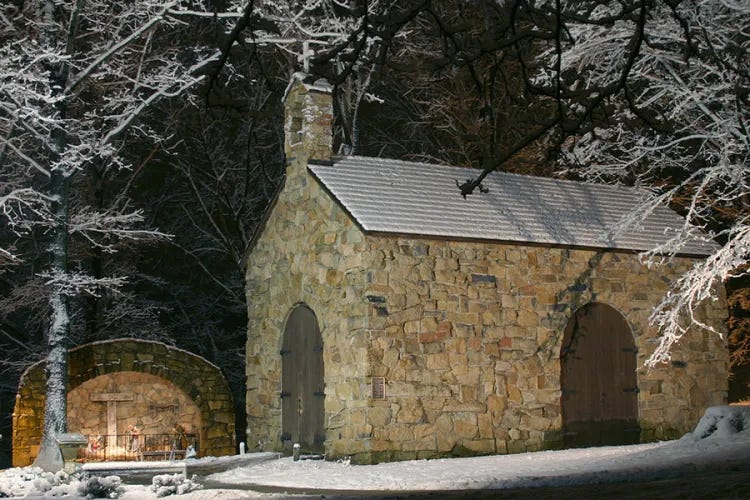Franciscan University of Steubenville declined an opportunity to offer a coronavirus vaccine site on campus, two weeks before the university’s president called a surge of virus cases at the university “not sustainable.”
County health officials cautioned in March and Ap…

